
David DeRemer, PharmD, BCOP, FCCP, FHOPA, a past-president on the board of Hematology/Oncology Pharmacy Association (HOPA), discusses key takeaways from the HOPA 2022 annual conference.

David DeRemer, PharmD, BCOP, FCCP, FHOPA, a past-president on the board of Hematology/Oncology Pharmacy Association (HOPA), discusses key takeaways from the HOPA 2022 annual conference.

Sarah Wheeler, PharmD, BCOP, clinical pharmacy specialist in Hematology/Oncology at UF Health Shands Cancer Hospital, discusses some of the unique struggles that come from being an oncology pharmacist and a caregiver.

Results are from an exploratory analysis of 34 patients who received at least 1 dose after disease progression or suboptimal response with ruxolitinib monotherapy

Britny Brown, PharmD, BCOP, vice chair of the Hematology/Oncology Pharmacy Association (HOPA) DEI Task Force and clinical assistant professor at the University of Rhode Island College of Pharmacy, discusses the role of the task force within HOPA and its impact on the field more broadly.
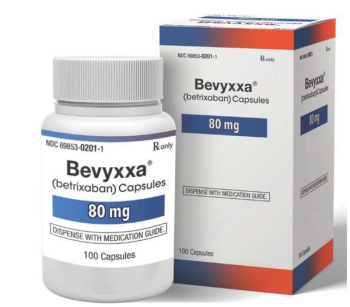
Betrixaban (Bevyxxa) is a factor Xa inhibitor indicated for the prophylaxis of venous thromboembolism in adult patients.
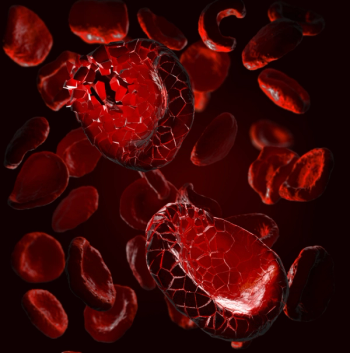
Medication reconciliation and pharmacist counseling are crucial to clinical management of patients with hematologic malignancies.
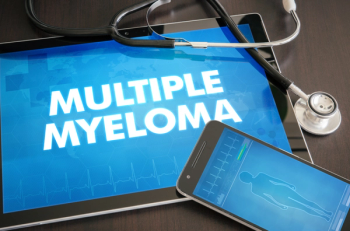
Study captures the immune effect of the third dose of the COVID-19 vaccine in patients with plasma cell disorders and blood cancers.

Alpelisib is the first FDA-approved treatment for PROS, which is a range of rare conditions characterized by overgrowths and blood vessel anomalies.

Pharmacy workflow changes in the preparation of chemotherapy products can reduce patient chair time.

Axicabtagene ciloleucel (Yescarta) approved for patients with large B-cell lymphoma that is refractory to first-line chemoimmunotherapy or relapses within 12 months of first-line chemoimmunotherapy.

Sarah Wheeler, PharmD, BCOP, clinical pharmacy specialist in Hematology/Oncology at UF Health Shands Cancer Hospital, discusses some of the barriers that patients with cancer may encounter following their diagnosis.
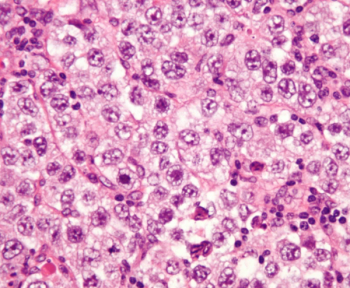
With risk stratification, up to 60% of individuals with chronic myeloid leukemia who are low-risk sustain treatment-free remission.

Heidi D. Finnes, PharmD, BCOP, FHOPA, president-elect of Hematology/Oncology Pharmacy Association (HOPA), discusses ways to address burnout in the hematology/oncology space.

Heidi D. Finnes, PharmD, BCOP, FHOPA, president-elect of Hematology/Oncology Pharmacy Association (HOPA), provides details of the upcoming HOPA 2022 conference.

Heidi D. Finnes, PharmD, BCOP, FHOPA, president-elect of Hematology/Oncology Pharmacy Association (HOPA), provides details of the upcoming HOPA 2022 conference.

Lisa Nodzon, PhD, ARNP, AOCNP; Katie Tobon, PharmD, BCOP; and Javier Pinilla-Ibarz, MD, PhD, share insight on strategies for the monitoring and management of BTK inhibitor–associated toxicities in CLL and review the importance of a multidisciplinary approach to treatment.
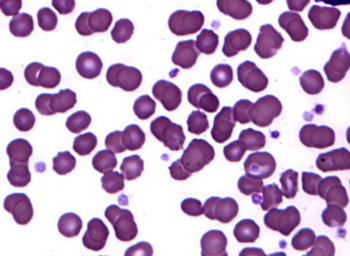
Acalabrutinib (Calquence; AstraZeneca) provides efficacy while maintaining favorable tolerability for patients with chronic lymphocytic leukemia.
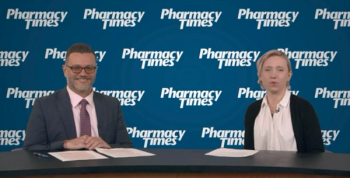
Larry Buie, PharmD, BCOP, FASHP, outgoing president of the Hematology/Oncology Pharmacy Association (HOPA), shares some details of HOPA’s upcoming 2022 annual conference in Boston and provides an overview of his term as HOPA’s president.
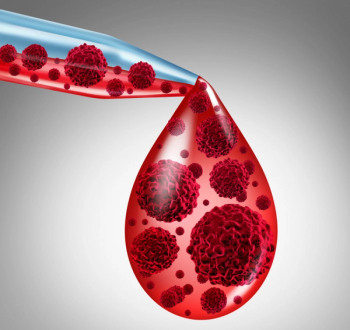
Analysis of the trial show that intensifying the chemotherapy regimen allowed for elimination of radiation in 90% of pediatric patients with T-cell acute lymphoblastic leukemia.
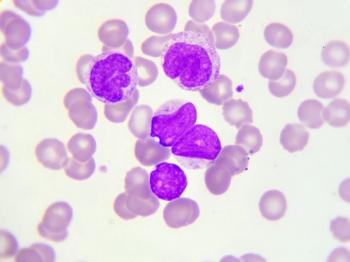
Elaine Jaffe, MD, National Institutes of Health (NIH) distinguished investigator at the National Cancer Institute at NIH, discusses how the understanding of malignant lymphomas’ pathobiology and relationship with the immune system evolved during her clinical and investigational research into the subject.

Elaine Jaffe, MD, National Institutes of Health (NIH) distinguished investigator at the National Cancer Institute at NIH, discusses how the field of hematopathology has changed over the last decade.
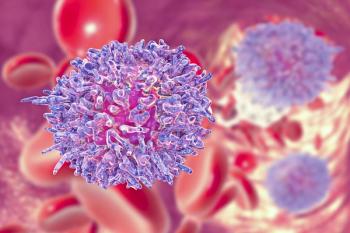
Pharmacy Times will be covering the upcoming Hematology and Oncology Pharmacy Association (HOPA) Association Annual Conference live in Boston, Massachusetts, taking place March 30 through April 2.

Lisa Nodzon, PhD, ARNP, AOCNP, and Javier Pinilla-Ibarz, MD, PhD, evaluate novel agents and combinations in the pipeline for the management of CLL.

Pharmacists are an important part of the care team for patients with bleeding disorders, providing services such as medication counseling and reconciliation.

Bhavesh Shah, RPh, BCOP, and Ryan Jacobs, MD, discuss emerging agents in the pipeline and the future treatment landscape for CLL.